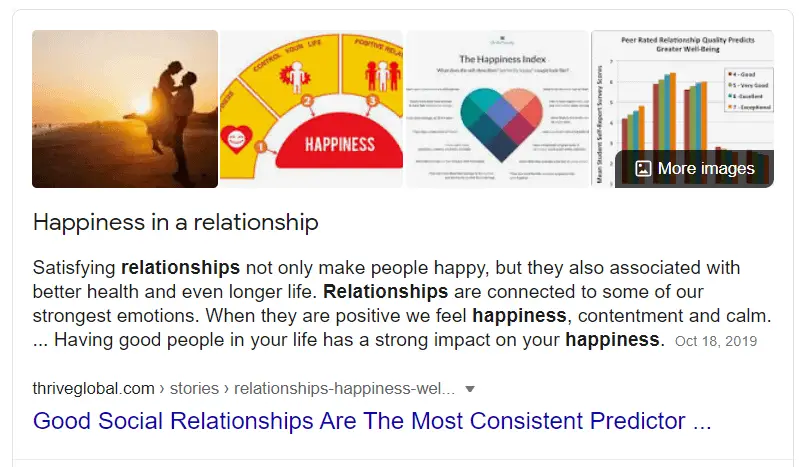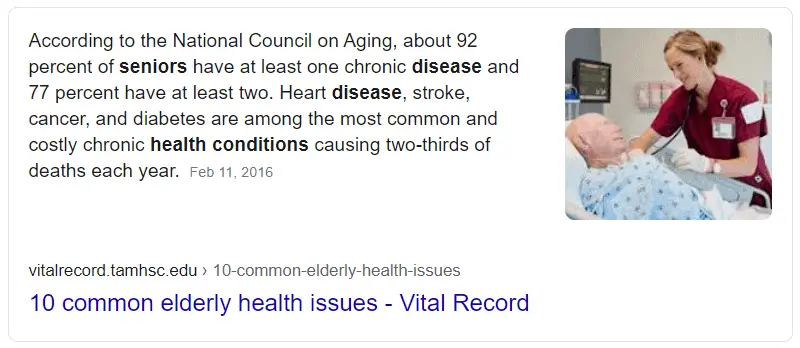Many retirees fail at retirement. This becomes the most miserable time because they didn’t observe the 6 golden rules for your golden years.
Most of us expect retirement to be the best period of our lives. After decades of working, we can finally do whatever we want, whenever we want.
Instead, outdated philosophies and ideas from previous generations dominate their thoughts when they think about retiring. While there are no guarantees, these tips can help you achieve a more meaningful and fulfilling retirement.
The six golden rules for your golden years are:
Plan and Prepare for Retirement
The first golden rule for your golden years is to plan and prepare. The most popular misconception is assuming financial independence ensures a good retirement.
While important, it’s only the means to afford a desired lifestyle. Many retirees learn, to their dismay, that “money doesn’t buy happiness” and they missed something!

They didn’t account for what was needed for a rich and fulfilling life after leaving work. They assumed it'd all be good and they’d "figure it out".
What they should have done was thought about what they really wanted and needed. The best way to do this is to write a retirement plan and document what's important to you.
Live Within Your Means
About half of all Americans live paycheck-to-paycheck. After retiring, their financial woes magnify. Especially if they're already carrying significant debts such as a car loan, monthly mortgage (or rent), or large credit card payments.
The pandemic onslaught further heightened these concerns with massive layoffs and the volatility in the investment markets. This has resulted in deeper debt, poverty, and even bankruptcy.

Hence, the second golden rule for your golden years is managing spending
Typically, the more we earn, the more we spend. Although there’s nothing wrong with this, once retired, we need to be more diligent about spending and budgets.
Embrace and Strengthen Relationships
Our relationships have a far greater impact than most of us are aware. In fact, there's considerable research reflecting a direct correlation between the quality of our relationships and happiness.
Yet, most of us are guilty of taking them for granted and even neglecting those most dear to us.

Regrettably, almost everyone can admit to getting caught up in all the demands during our working life. Keeping a roof over our heads, food on the table, and earning a pay check.
Not to mention raising kids and all the other associated activities.
It's normal for friendships to come and go through this busy period. Yet, after leaving work most of us finding our social circles shrink dramatically.
Loss of work friends reveals just how significant this impact can be. The real problem is maintaining social connections to avoid loneliness or worse.

According to a Harvard study, not only does the quality of relationships affect happiness, it's also crucial to living a long healthy life.
Their findings substantiate that the quality of our relationships is the key to healthy aging. The most important ingredient for retirement happiness goes into more detail on the significance of a happy marriage.
Too many relationships are conditional and fraught with misunderstandings. Marriages crumble without open communication and active listening.
Issues and unresolved conflict can simmer for ages. The 7 Common Marriage Problems in Retirement reveals the most common issues.
A spouse or significant other should be your priority. Make a point of telling them you love them. That you have their back and will be there for them through “thick and thin”.
Even more importantly, realize actions speak louder than words. Show them how much you value them.
Invest in Your Health
Probably, the most important of the golden rules for your golden years is investing in your health. We tend to take it for granted. Poor diet and lack of exercise has led to major health issues across the country.
According to Commonwealth Fund, the U.S. spends nearly twice as much on healthcare than any other developed country. In spite of this, Americans experience more chronic diseases with double the rate of obesity.
These grim statistics result in about 678,000 deaths each year. The COVID pandemic, at this point, has killed 220,00 Americans with many more fatalities expected in coming months.
Most affected are those with pre-existing conditions, obesity, and senior citizens.

Observing the average American isn’t all that healthy to begin with, these issues compound with age.
In fact, it’s estimated about 92% of seniors have at least one chronic condition. Not only does this lead to a reduced life span, quality of life is also compromised.

Many of these chronic health conditions are preventable with a healthier diet and regular exercise. No longer is this a “nice-to-do”. It should be a high priority for everyone.
At the end of the day, our health is all that really matters.
Keep Active and Pursue Interests
One of the most common issues that plague retirees is what to do. Now with an extra 40 plus hours each week, many feels at a loss on how to fill their time with something interesting.
Too many retire to the sofa becoming consumed with television shows and the news. Of course, they’re munching junk food further compounding any health issues.
The problem is they really don’t know what else to do and become “couch potatoes”.
Ideally, long before retiring you've explored various interests and hobbies. Perhaps you’re looking forward to playing more golf or some other activity.
After a while, even this might become somewhat boring or too expensive. Then what?
Our Ultimate Guide on Things to do When Retired and Bored offers a fresh perspective. The guide breaks down how to get active and find meaningful activities.
Live Life with "Gusto"
Hey, we only get “one kick at the can”! To be blunt, you and only you are responsible.
While I think retirement should be the best time of our lives, for others, it’s viewed as the inevitable decline and part of growing old.
When you consider most of us will be around for 20 to 30 more years, I’d much prefer them to be happy and fulfilling. Sadly, many folks are consumed with negativity and anxieties.
Nothing is ever quite good enough, often, leading to feelings of dissatisfaction and disappointment. When it comes to trying anything new, they avoid it like the plague.
What does living life with “gusto” really mean?

For myself, it means vigor, passion, and maintaining a zest for life. In short, making the most of each and every day. This requires a positive attitude with an openness to experiencing joy and happiness, even with the simplest things.
For instance, a mundane task such as going grocery shopping. You might look forward to getting out of the house. Maybe you’ll run into a friend you haven’t seen in a while.
Possibly you’ll come across a seafood sale or a fantastic cut of beef. Perhaps adding some fresh veggies and you have all the fixings for a romantic meal for two!
Alternatively, you might dread the drudgery. Having to dress up, start the car, and then fight the crowds. Besides the inconvenience, everything always costs too much anyways.
The mission becomes getting out and back as quickly as possible. Even if there was a sale, you wouldn’t be interested as you’re only going to get the same things you always purchase.
Think of the wonder and amazement of a child experiencing something for the first time. The sheer excitement and passion they exhibit. If we can capture a little more of that spirit, then we start living with gusto!
Closing Thoughts on the 6 Golden Rules for Your Golden Years
Whether you agree or disagree with these six cardinal rules to retirement, they underscore the need to make the most of the remainder of your life.
What are the things you might want to pay a little more attention to? It’s your life, how do you want to spend it?


